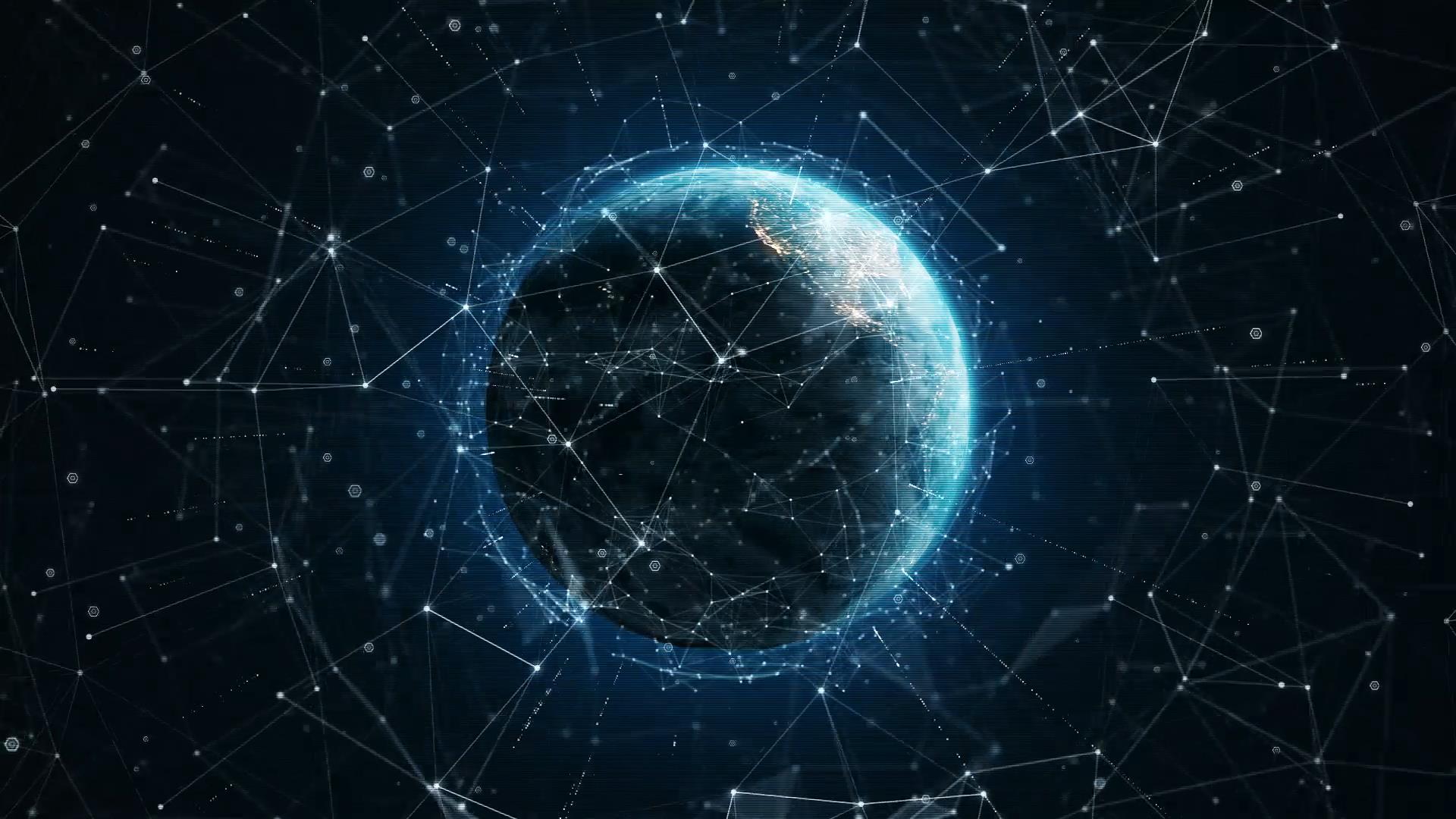The European Parliament has passed a copyright law where filtering systems are placed on the internet to block copyrighted content, which could be catastrophic not only for platforms such as Facebook and YouTube, but also the future of the internet itself.

While creative producers are applauding the fact that this law has passed, many high-profile voices in the tech industry and even activists are heavily criticising the reform. Most of it is directed in particular to Article 11 and 13.
Article 11 or dubbed as the ‘link tax’, will force companies like Google to be subjected to paid licenses every time a story is linked. This will eventually lead to more money for publishers and news organisations.
However, activists state that Article 13, or the ‘upload filter’, might be detrimental to the future of the internet. The legislation forces platform such as YouTube and Facebook to proactively work with right holders to stop unauthorised uploads of copyrighted content. Next to the problem of this in fact being widespread censorship, it requires platforms challenging the already limited privacy of its users, as all data will have to be scanned.
Start-up platforms, who won’t have millions to back them up such as YouTube and Facebook, will be heavily burdened when needing to implement these rules.
Even users will be restricted in creating content and might even face heavy fines, as the already blurry line between fan created content and copyright cases will be even worse.
Those in favour of the law, mostly made up of brands and creative producers such as musicians and publishers, might even undergo a decrease in revenue and a diminished presence on the web. This is due to the fact that the basis of the internet revolves around mouth-to-mouth promotion as many users often have an ad-blocker in place.
Above all else, the presence of a lot of these papers might eventually fly under the radar as search platforms such as Wikipedia, which depend on linkthroughs, will probably be deleted. These type of platforms are generally used by student to find papers which otherwise might never be found.
However, despair will have to be saved until the final vote in January 2019, as it is likely that the law will be passed according to experts. Next, the law will have to be implemented by each individual EU member in their country, of which the impact could vary as they are free in their interpretation of the passed law.

Leave a Reply